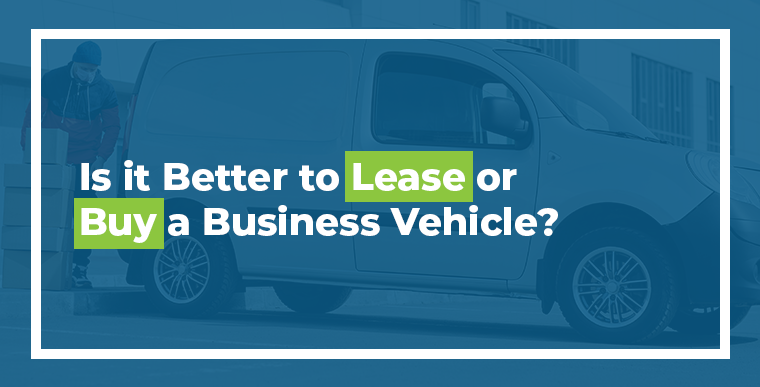
One of the large business expenses available to business owners is the auto expense. Many business owners have been advised by their accountants to purchase a vehicle to reduce their tax liability. While this advice may have merit, it almost never makes sense to buy something you do not need in order to reduce your tax liability.
When it comes to getting that new vehicle, you can either buy or lease the vehicle. For this article, I am going to assume that you understand the difference between buying and leasing.
Tony Robbins is quoted as saying that the quality of your life is determined by the quality of the questions you ask.
The problem with the question here is that “better” is different for different people. So instead of answering, which is better, I am going to explain the things you should be considering as you approach this type of decision.
The first concept to understand is that when analyzing a purchase or lease decision it all comes down to the comparison of the present value of the transaction in today’s dollars. If we look at a benefit of a purchase that you have an asset to sell later when you are ready to dispose of it, that future sale needs to be translated back to today’s dollars.
Whenever calculating present value, we need a factor to use or the presumption of interest that you could accrue in lieu of using the funds in this way. Typically, if we look at regular market returns that factor would be between 8-12%. However, business owners may have a much larger factor, say 25%. Why? Because they can turn a cash investment inside their business into something much more.
So, a rapidly growing business will likely be better off keeping as much up-front cash while a slow growth business may be better off spending the cash up-front.
The second concept to consider are the tax implications of the transaction. I didn’t use the words “tax benefits” because not all implications are beneficial.
In a purchase with a loan, you will be able to potentially accelerate the depreciation of the vehicle, creating an up-front tax savings. You also will deduct interest expense. Finally, when you sell the vehicle, you will likely recognize a gain or a loss.
A lease on the other hand, is much simpler. You deduct the lease payments as a business expense.
All these tax implications need to be brought forward to present value so that it can be compared to the lease option fairly.
The third and final concept affecting this decision is that it is not all about the money. There are non-monetary factors at play as well and these should be considered carefully.
How often do you want a new vehicle? – Leasing will most often get you replacing vehicles more often.
How much do you drive? – Leasing is best for people who will keep below the annual mileage allowance.
Life stability and status – Is your life situation likely to change soon? Will leasing cause you to get a vehicle you cannot afford or allow you to drive around in a vehicle that makes you feel important even though you really cannot afford it?
So, when we evaluate the buy vs. lease decision, we need to remember that buying will require more up-front cash but also carries more up-front tax reductions. Leasing will take less initial cash and lower monthly payments freeing up more capital for re-investment in the business.
If you would like help determining the best course of action for your own situation, reach out to us, we can calculate the best option based on present value for you.


